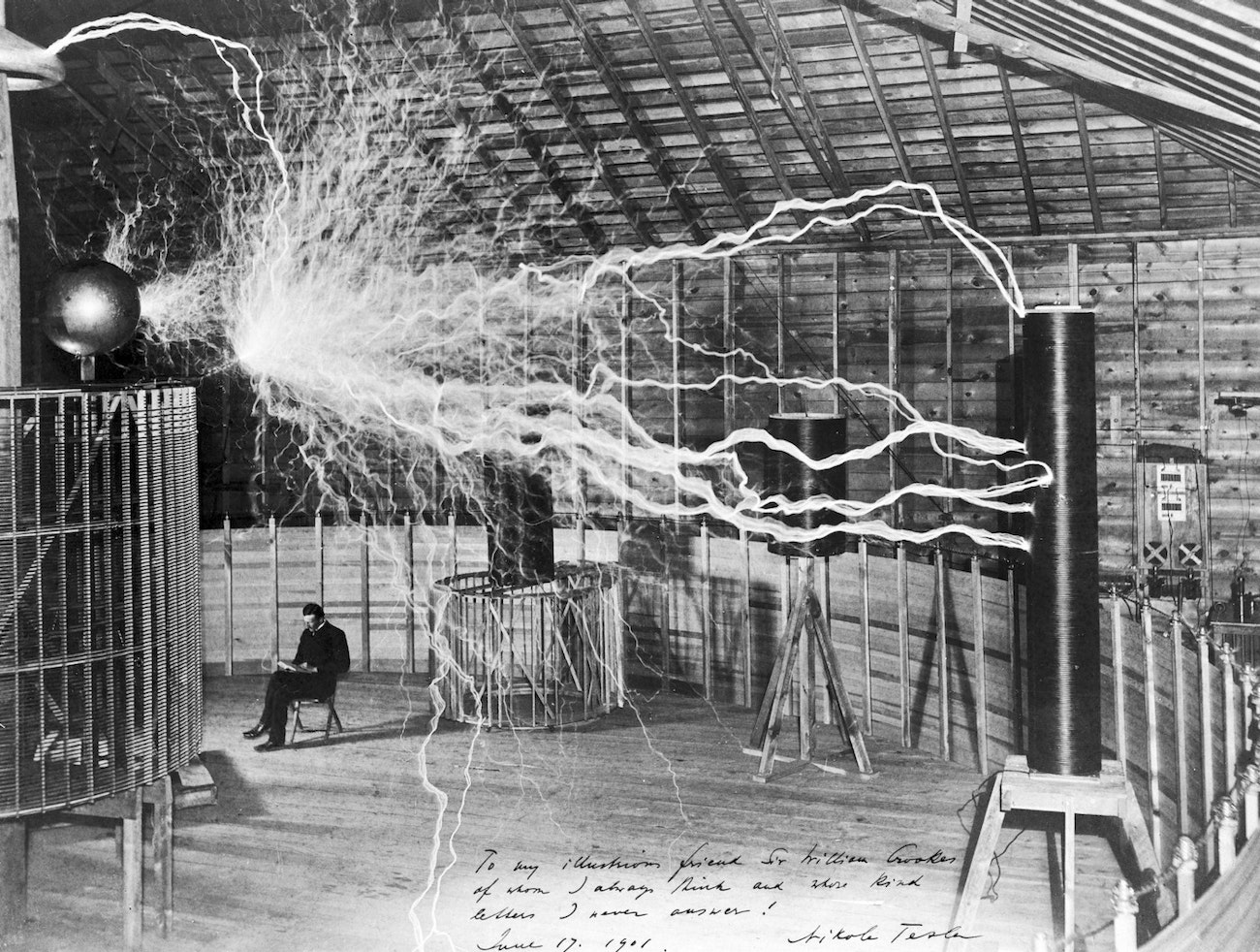I never subscribed to narrative that Data is the New Oil — i.e. it’s highly valuable and a tradable commodity. Nor that it’s like oil in that it creates a lot of exhaust. I get where they’re coming from, and as such there’s some truth to them, but it always felt like a metaphor taken too far to be useful.
But maybe data is a bit like fossil fuel in the sense that it enables us to do great things but/and has tremendous, irreversible, long-term impacts (good and bad) that we will continue to grapple with? If that’s the case, then I’d argue that we understand some of the impacts pretty well already and we don’t yet understand some others well at all — especially long-term impacts. (I’ve argued for a long time that I don’t think we have good language to explore the long-term impacts of data yet.)
Fossil energy first unlocked a tremendous wave of innovation, and created a ton of wealth that lifted a huge chunk of the world’s population out of deep poverty and into… well at least a little less poverty, for some time. Not equally, not everywhere, but statistically, on average, it had beneficial effects.
It also was truly transitional in the sense that it phase-shifted the world into a new phase and state — one where the many, many longer-term effects of using all that fossil energy became increasingly obvious. Rather than leveling wealth differentials, we ended up with wealth structures more concentrated than ever before in history. (Famously, in 2022 about half of the world’s wealth was owned by just 1 percent of the global population.) Maybe even more starkly, it turns most of all that wealth creation was paid for through externalized costs, that is: We’ve burned out the planet and pretty much robbed coming generations of a livable future. Powering the world with fossil fuels made a lot of things possible and better for a comparatively short time of 100-150 years. Now we’re stuck with the bill. The premise that burning fossil energy storage (oil, coal) to gain energy is acceptable even though it produces bad side effects (CO2) was, well, wrong.
Looping back to data, as an example let’s consider social/local/mobile: In its heyday in the early to mid 2010s, a new breed of social/local/mobile services like Foursquare allowed folks to discover and share restaurants, coffees, bars etc. This sounds very old now, but felt distinctly fresh then: Rather than following stale Yelp reviews, there was better filtering and better discovery. Much better. It created a social data layer over physical space, which allowed travelers especially to tap into local knowledge and get great experiences. For a little bit, it felt great, new, powerful. Then it didn’t. Once everything was mapped, ingested by the systems, it became played and commodified. Like web search was SEO’d to death, so was this space.
Like using fossil energy to power global economic growth, social/local/mobile made a lot of things a lot better for a comparatively short time of 5-10 years. Now we’re stuck with the bill. In this case, the bill is a highly centralized internet with just a handful of powerful tech platforms that run on a hugely problematic premise (business model), namely that tracking user behavior to custom-deliver ads is acceptable. It’s not, it’s wrong. And now we have a distinct surplus of platforms that algorithmically serve us crap (and quite possibly a significantly flattened culture) while also lacking good discovery.
This sounds a little abysmal, and I admit that’s what it sometimes feels like. That said, there’s also a lot happening: Lots of folks working on better models, on better understanding and mitigating the negative effects of tech platforms, lots of people working to apply platform accountability and develop better policies, too. And either way, the negative impacts can barely be as bad as the climate impacts of fossil fuels. But maybe this dynamic is something that can help us thing about the long-term effect of data driven systems just a little bit better.


